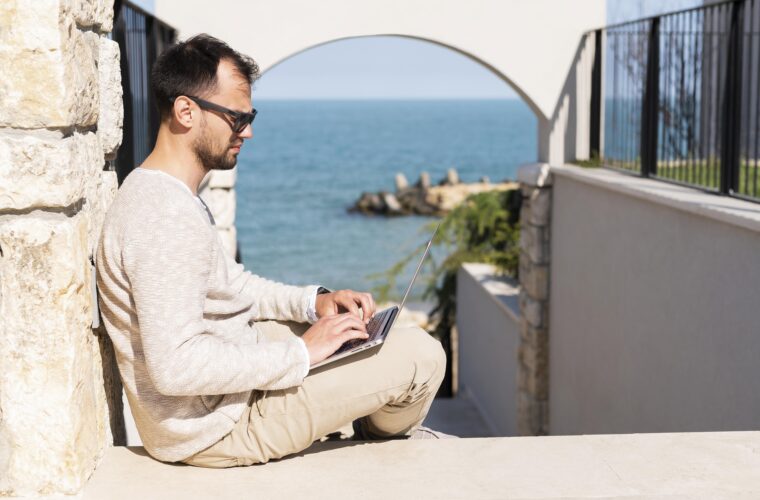Kappa FuturFestival, Italy’s largest sustainable electronic music festival
Kappa FuturFestival is the sustainable side of Italy’s biggest electronic music festival. It is a sustainable entertainment. This is one of the mottos of the Kappa FuturFestival, an international event dedicated to music and digital arts, staged in its 11th edition during the first weekend of July in Parco Dora, Turin. From the former industrial spaces where the Fiat and Michelin factories once stood woven into the urban complex to a strategic location for hosting events that mix art, food and sport, the city’s setting is a distinguishing feature of the only Italian electronic music festival included by trade magazines in the top 10 European summer festivals.
Broadening the scope while respecting the soul of the city park has become an obligation for the festival organisers over the years because the impact of 90-100 thousand people flocking from over 130 countries in three days requires a long-term vision.
“Sustainability has always been an essential requirement of our activities, and the environment is only one of the areas of application, because ours is a project dedicated to sustainability, also from an economic and social point of view,” said Maurizio Vitale, co-founder and managing director of Movement Entertainment. This company organises the Kappa FuturFestival.
The need to lead by example
In a historical period that forces certain choices, words can turn out to be a boomerang. Instead, the plan drawn up to cushion the environmental impact of the music marathon has brought together initiatives to reduce greenhouse gas emissions, encourage sustainable mobility, stimulate the circular economy, and raise public awareness of the need for an environmentally-friendly lifestyle change through educational programmes.
Not much for an event that takes place in just three days, even though the work to take care of the technical and organisational aspects takes the whole year. Having been invited by AlphaTheta, which with its Pioneer DJ brand guaranteed the best technology for the more than 100 DJs who alternated on the five stages, I was able to see with my own eyes how the Kappa FuturFestival set in motion its machine to mitigate the carbon footprint generated by the massive presence of fans who came from all over the world to dance.
In this sense, I was struck by how attentive some of the audience was to respecting common sense behaviour to avoid unnecessary waste of plastic and waste management. An aspect that is far from obvious at such large-scale events.
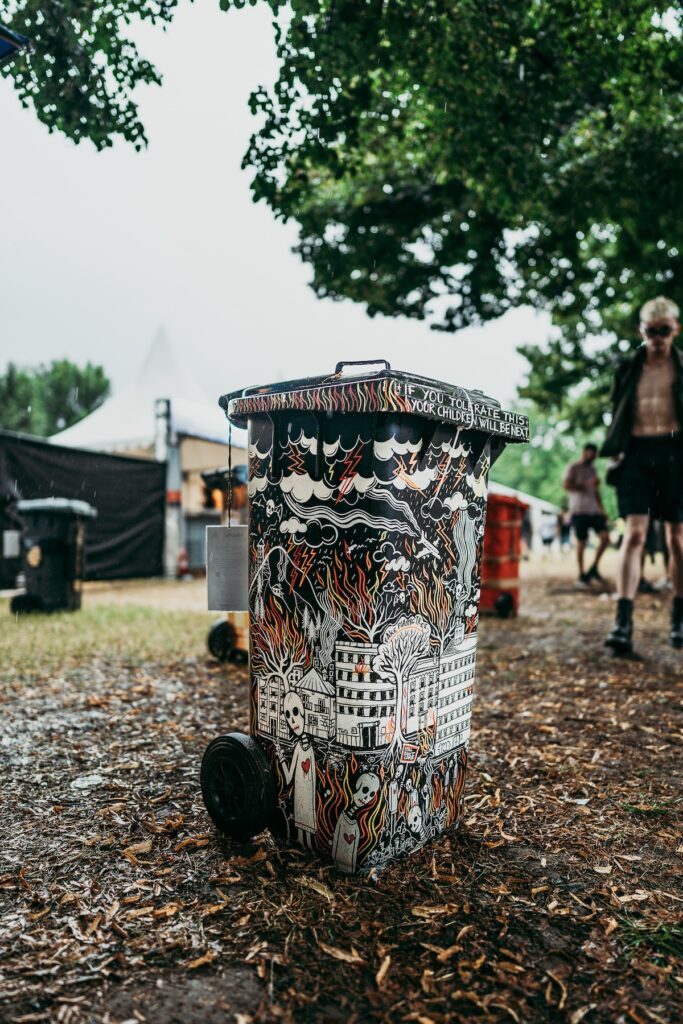
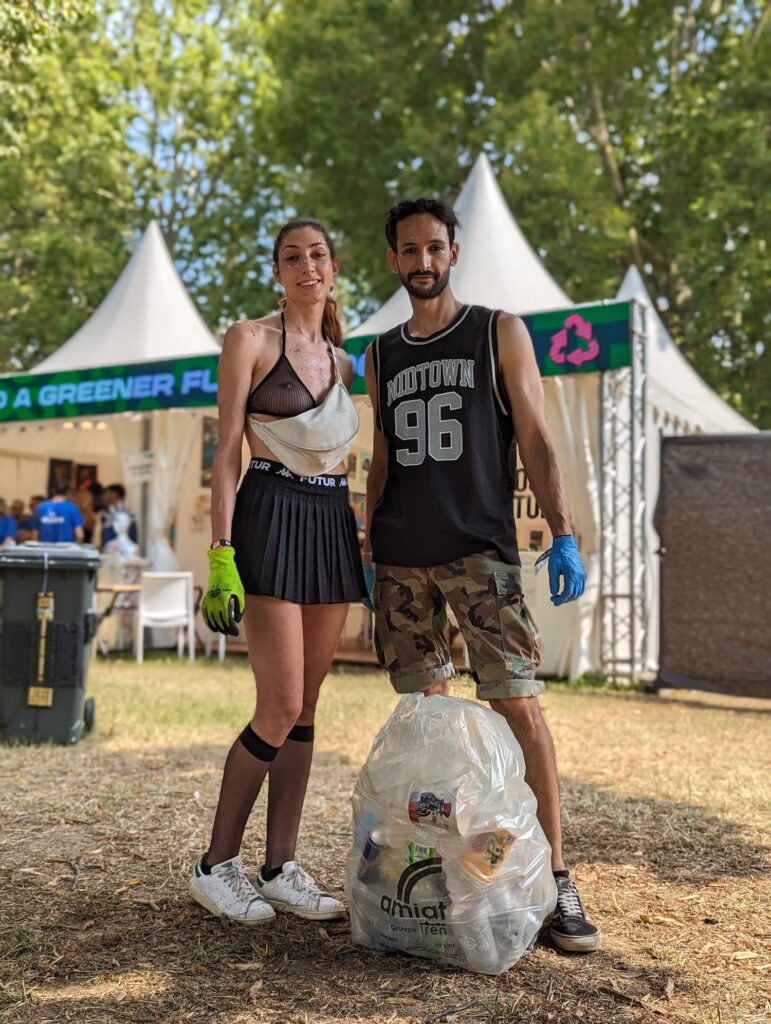

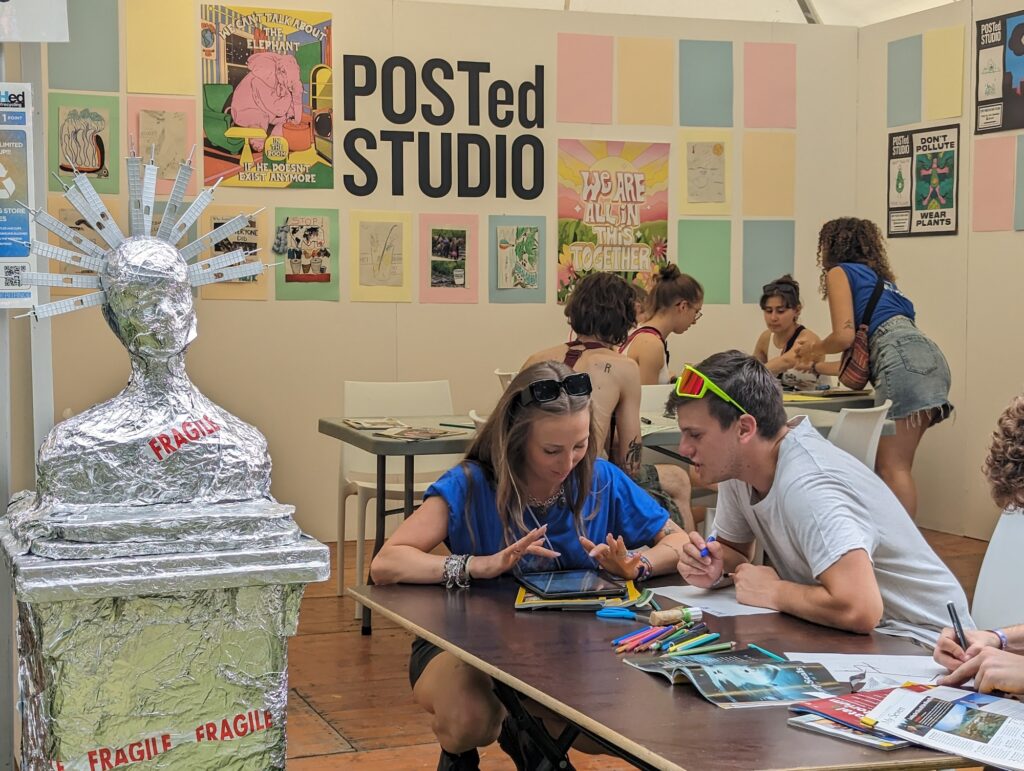
One of the most critical points is waste collection and the ability to transform it into reusable materials. To achieve this, the Festival has collaborated with the Coripet consortium, with whom a selective waste collection was carried out at the last edition. At that time, 240 kg of PET bottles (about 12,000 pieces) were separated from the rest of the plastic waste. The latter were then transformed into rPET in a local plant.
Regeneration also involves cigarette butts, which after being collected, are processed and converted into new material by the start-up RE-CIG. Another good idea to reduce waste is the reuse of flags from previous years, which, combined with neoprene from industrial waste, have been turned into bags and cases by Cingomma, an upcycling craft workshop. In this way, 145 square metres of fabric were recovered in 2023, while old PVC banners were used to make lanyards for the staff employed at the Festival.
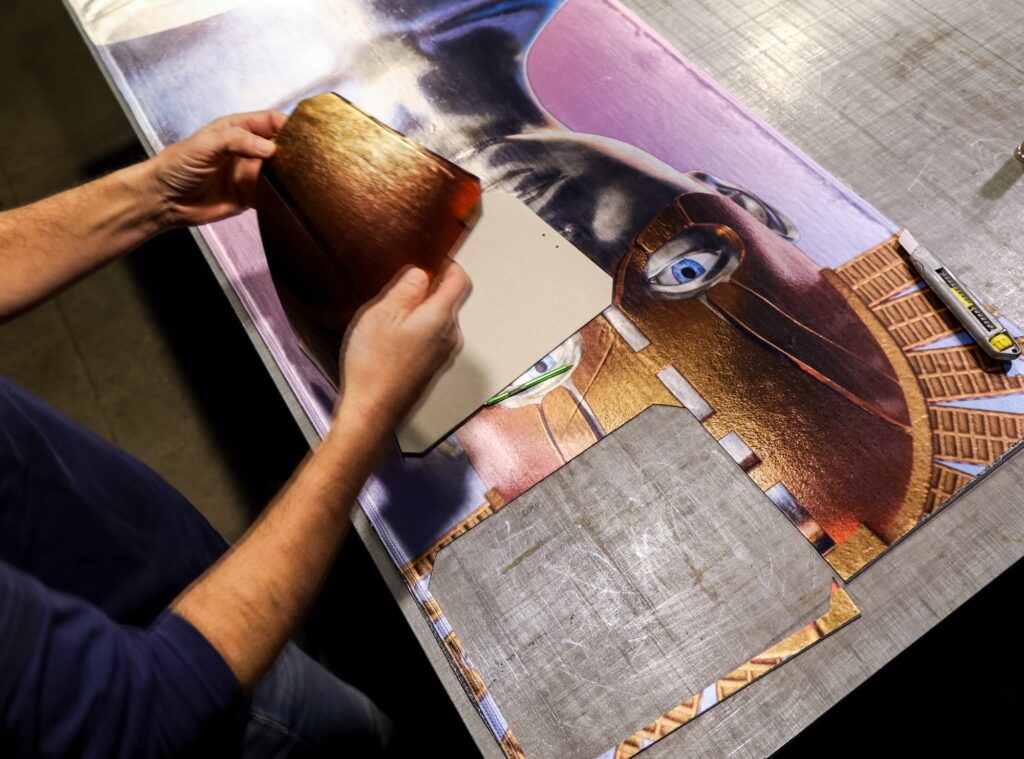
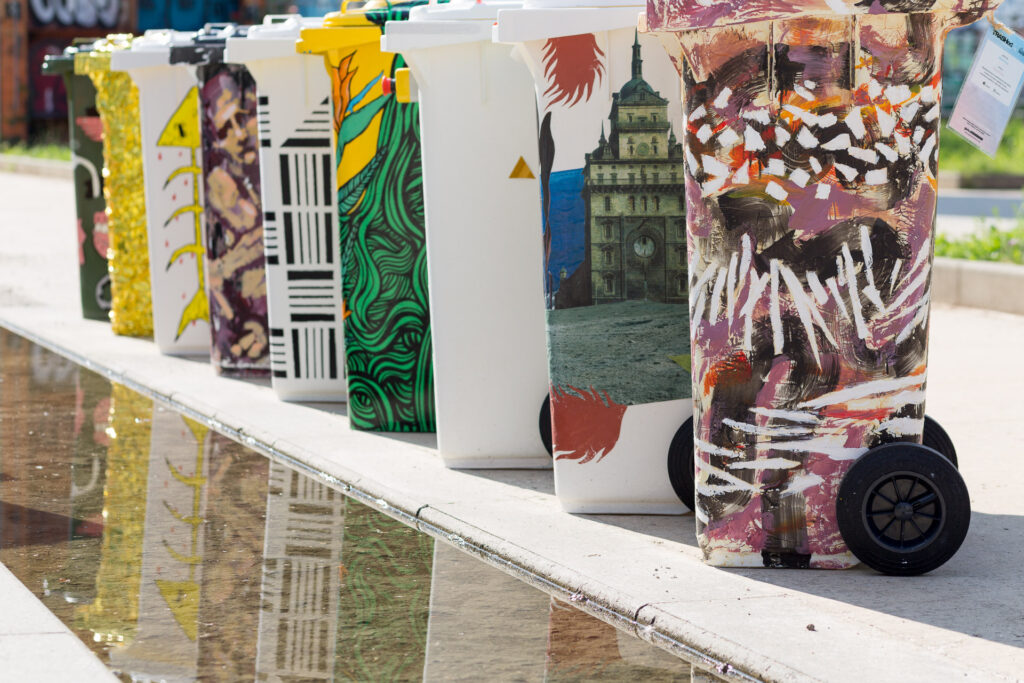
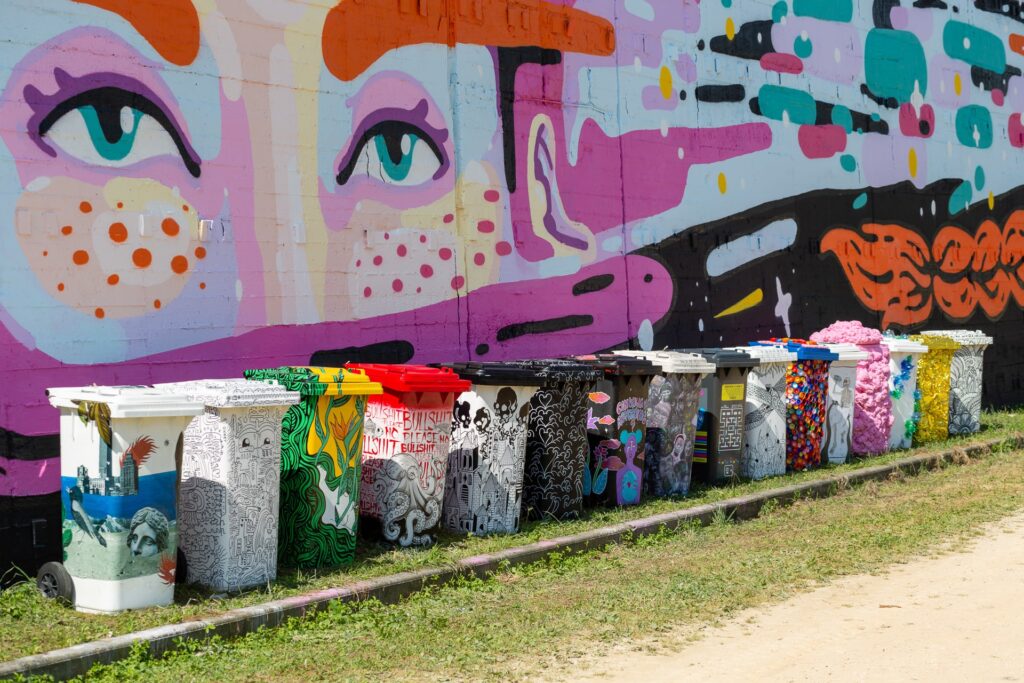
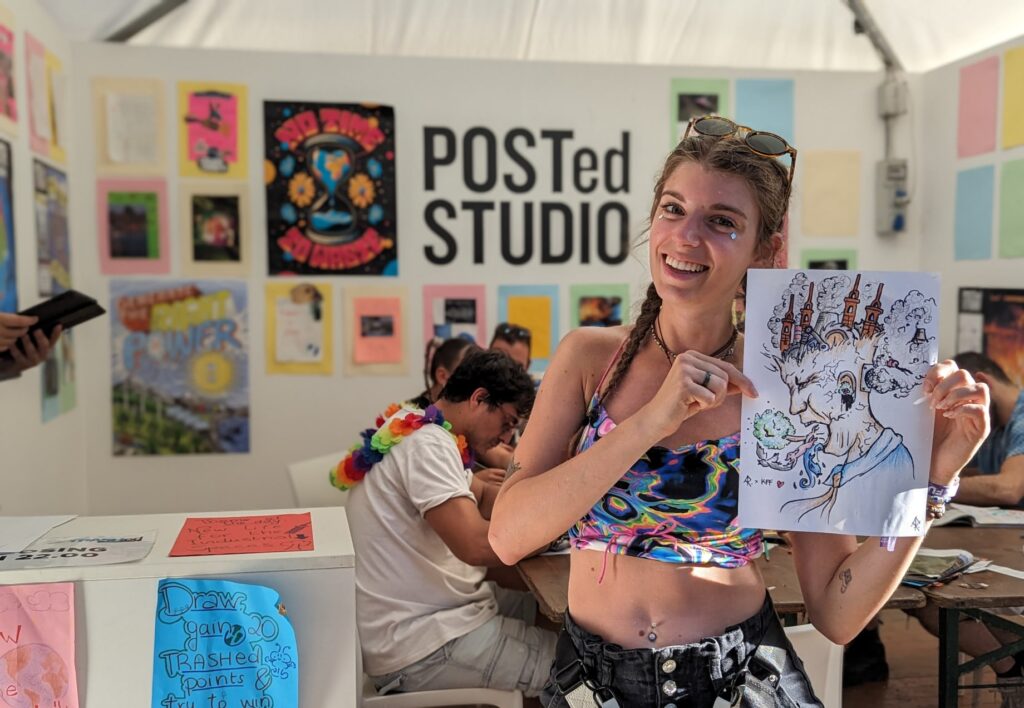
Reduction, recycling, mobility: a model to imitate
The commitment to sustainability for a music festival cannot ignore the equipment required to combine technical and environmental efficiency. To reduce fuel consumption and polluting emissions, the organisation used Stage V generators, hybrid light towers and containers powered by solar panels. Almost all signage of a traditional nature was replaced by LED panels, while more than 90% of the fittings were reused furniture (which will continue to be reused in the future). Where it is not possible to intervene directly, as in the case of chemical toilets, this is partly remedied by the purchase by the company owning the mobile facilities of carbon credits generated by reforestation projects to offset the greenhouse gas emissions from the rental of toilets.
Regarding mobility, to encourage the use of public transport, the Kappa FuturFestival has signed an agreement with Gruppo Torinese Trasporti and the City of Turin to increase the number of available vehicles and reduce waiting times. A solution that, in the 2023 edition, allowed 54.8% of participants to travel to their destination by public transport, while almost one in four travelled on foot and just under 10% used a shared mobility vehicle. It is tremendously difficult, but it would be nice to extend these activities beyond the short period in which internationally renowned events are staged in Turin and throughout the rest of Italy to provide further impetus to the need to review certain daily dynamics.
If setting an example is the first step in sensitising people towards change, the Turin festival combined energies and thoughts with the American foundation Global Inheritance, which specialises in developing high-impact activities during major events. One of the initiatives seen during the three-day event was TRASHed: Art of Recycling, with a series of artists from different backgrounds turning recycling bins into works of art. Last year’s creations were exhibited in an ad-hoc space in Parco Dora, where participants could hand in used bottles and glasses to redeem some prizes, including tickets for the next edition of the festival (and in two days, I saw quitea lot of people getting involved in the plastic collection).
We are all aware that goodwill and a few clever projects are still insufficient to hope for a decisive change to safeguard a planet that shows clear signs of trouble. At the same time, however, we need to start setting an example to those who look at us, and from Turin came an excellent way to have fun intelligently and respectfully for the earth that hosts us.


